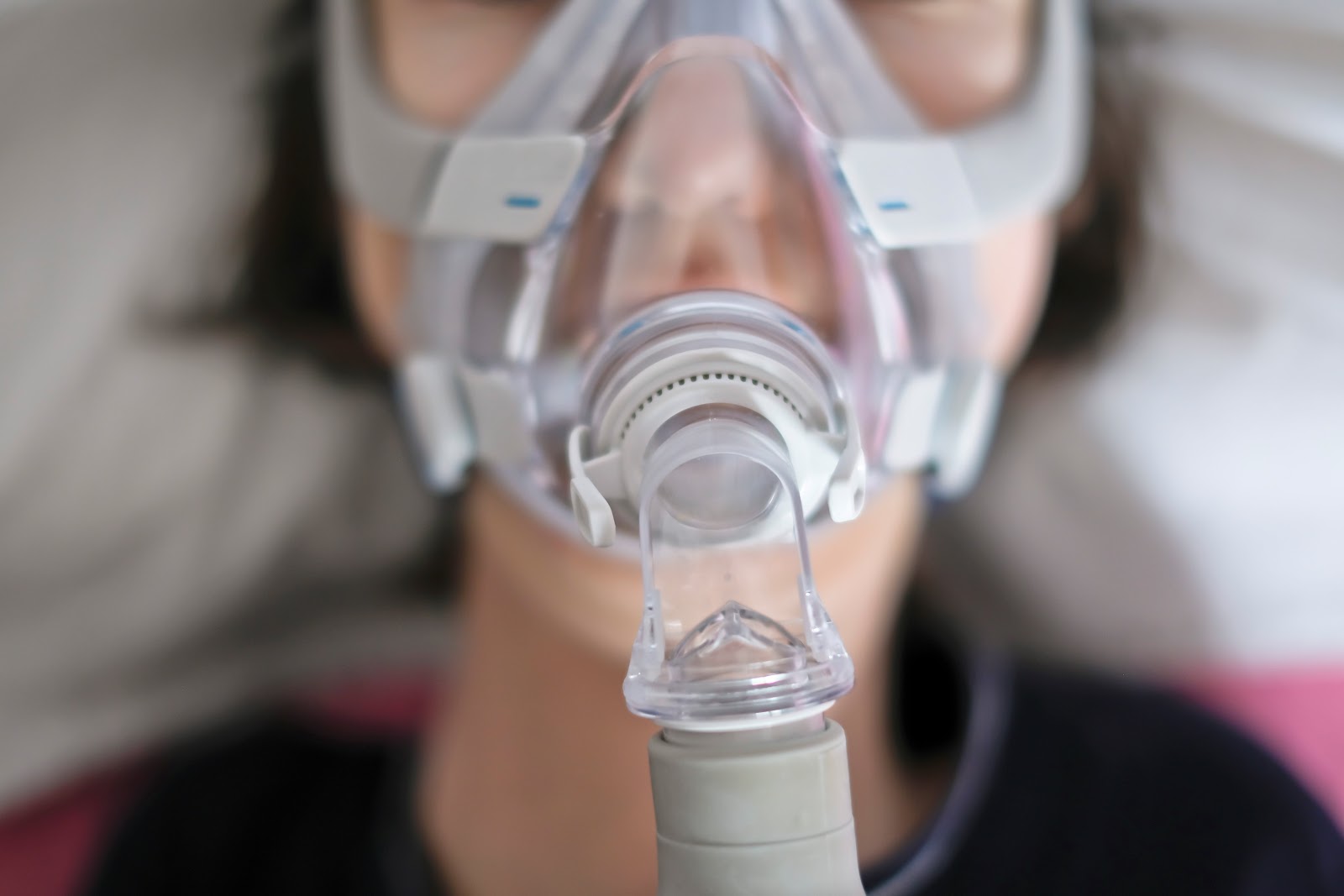 There is no doubt that CPAP machines are of great help to people who need them to manage their obstructive sleep apnea. Patients that suffer from obstructive sleep apnea and who go untreated are usually at risk of suffering from a whole list of chronic health disorders.
There is no doubt that CPAP machines are of great help to people who need them to manage their obstructive sleep apnea. Patients that suffer from obstructive sleep apnea and who go untreated are usually at risk of suffering from a whole list of chronic health disorders.
CPAP therapy however is no walk in the park. While some people are able to immediately adjust to the use of a CPAP machine, it is not always the case for everybody else.
In this article we will look at some of the major concerns that people undergoing CPAP therapy have and what can be done to alleviate those concerns.
There is no need to ignore these common problems as they have solutions that this article will cover.
Sinus Infections
Sinus infections can prevent obstructive sleep apnea patients from receiving effective CPAP therapy. Some times the use of CPAP might lead patients to get a sinus infection, though this is not always the case. Sinus infections can also be caused by other factors.
When sinus infections are caused by the CPAP machines, it is because patients have failed to dispose old filters and replace them with new ones, which should be done on a monthly basis. The CPAP’s machine interior has to be cleaned thoroughly and regularly. This is especially the case for CPAP machines that have fixed filters.
Obstructive sleep apnea patients also need to know that by not keeping their mask, humidification chamber, or tubing clean, they increase chances of breathing in breeding bacteria, mold, or other microorganisms that might give you sinus trouble.
Solution:
The solution for sinus infections when using a CPAP machine is to always ensure that your machine is regularly clean. If symptoms persist, the patient should ask their DME (Durable Medical Equipment) provider to look at their machine to see if there is any microorganism growth on the interior.
Pre-existing Sinus Infection
As mentioned earlier, there are times when a patient will develop sinus infections that have nothing to do with their use of a CPAP machine. In such instances, using a CPAP machine might only make their situation worse. This is because the air pressure caused by sinus infections might aggravate the tissues that are found in the ears, sinuses, and throat. Apart from the air pressure, dry air is also a culprit. A CPAP machine without a humidifier will produce dry air which exacerbates the situation.
Solution
If this is a scenario that applies to you, you need to reach out to your DME provider and confirm if it would be ok for you to undergo CPAP therapy.
Rainout
Rainout is a term used to describe a dripping condensation problem affecting the tubing used in your CPAP machine.
Many CPAP devices include a humidifier that helps deliver air that is warm and moist to the patient using them.
The main purpose of a humidifier is to ensure that patients undergoing CPAP therapy enjoy maximum comfort while using a CPAP machine.
Unfortunately, the downside is that your CPAP machine might end up having moisture buildup in the CPAP tubing. This can lead to bacteria and other microorganisms breeding in your CPAP machine. If the bacteria makes its way to the CPAP mask during use it could be inhaled leading to a variety of complications.
Solutions
To prevent the rainout problem, a patient can use heated CPAP tubing especially if they sleep in a cooler room. This is actually recommended when undergoing CPAP therapy.
Another alternative would be to use a CPAP tube insulator to enhance insulation of the tubing as well as pressurized air.
In addition to the above mentioned solutions, you should place the CPAP machine on a nightstand that is below your head’s level while you sleep. If placed above the level of your head, the condensation would drain directly into your mask which on top of being uncomfortable for you, would be downright dangerous.
The final solution to the rainout problem is to always keep your tubing dry and clean between uses as this will prevent mold and other microorganisms from developing.
Gassiness
 After using a CPAP device throughout the night, you might experience excessive belching, bloating, or flatulence. These are symptoms of a condition known as aerophagia. Which is also known as “swallowing air”.
After using a CPAP device throughout the night, you might experience excessive belching, bloating, or flatulence. These are symptoms of a condition known as aerophagia. Which is also known as “swallowing air”.
This is actually quite common amongst first-time CPAP users. Some of the reasons why aerophagia occurs includes:
- Oral breathing – When a person breathes through the mouth, they take in extra air that goes into the esophagus, which directs this extra air directly into the stomach.
Solution
It is recommended that patients make use of a chin support to keep their mouth closed while they sleep. Not only does it eliminate symptoms of gassiness, it makes PAP therapy more effective.
If you would like to know more about how to clean your CPAP machine, check out our CPAP cleaner.






 Shop
Shop



